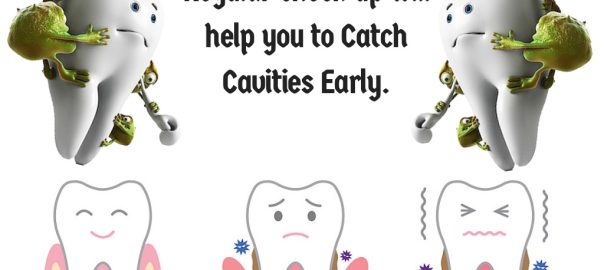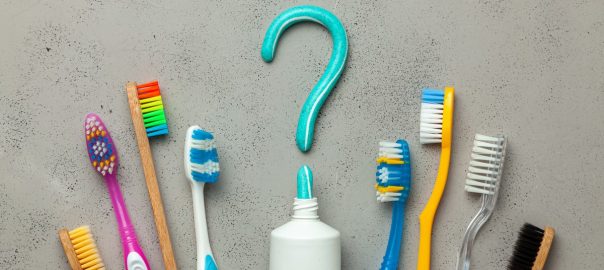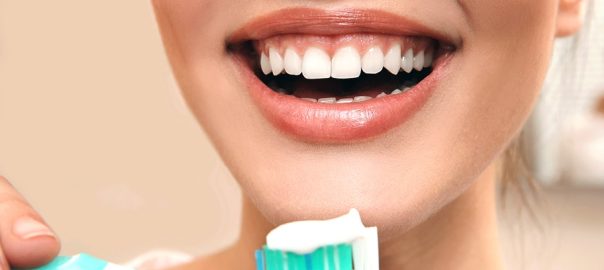Regular dental checkups are a fundamental aspect of maintaining optimal oral health. These routine visits to your dentist serve a dual purpose: prevention and early detection. In this article, we’ll explore the significance of regular dental checkups and why they should be an integral part of your healthcare routine.
1. Preventing Dental Problems
Prevention is always better than cure. Regular dental checkups enable your dentist to identify and address potential issues before they become serious. Here’s how they help prevent dental problems:
- Professional Cleaning: Dental hygienists can remove plaque and tartar that regular brushing and flossing may miss. This prevents the development of cavities and gum disease.
- Early Detection: Dentists can spot the early signs of dental issues, such as cavities, gum disease, and oral cancer. When identified in their initial stages, these conditions are easier to treat.
- X-rays: Dental X-rays can reveal problems that may not be visible during a visual examination, such as impacted teeth or hidden cavities.
2. Maintaining Oral Hygiene
Regular dental checkups serve as a reminder to maintain proper oral hygiene. Dentists provide guidance on effective brushing and flossing techniques, helping you prevent tooth decay and gum problems.
3. Customized Oral Care
Dentists tailor their advice and treatment to your specific needs. They consider your age, medical history, and any existing dental conditions to provide personalized recommendations.
4. Monitoring Oral Changes
Oral health is not static; it can change over time. Regular checkups allow dentists to monitor and assess any developments in your oral health, making it easier to address new issues as they arise.
5. Preventing Tooth Loss
Early detection and treatment of gum disease and cavities can prevent tooth loss. Dental checkups are your first line of defense against these common causes of tooth loss.
6. Oral Cancer Detection
Oral cancer can be life-threatening if not detected early. Dentists are trained to recognize the signs of oral cancer, and regular checkups increase the chances of early detection and successful treatment.
7. Saving Money
Preventive dental care is often more cost-effective than treating advanced dental problems. Regular checkups can help you avoid the need for costly dental procedures down the road.
8. Preserving Overall Health
Oral health is closely linked to overall health. Conditions like gum disease have been associated with systemic health problems, including heart disease and diabetes. By maintaining good oral health through regular checkups, you can positively impact your general well-being.
9. Receiving Professional Advice
Dentists are valuable sources of information and advice on various oral health topics. They can address your concerns, provide dietary recommendations, and suggest strategies for maintaining a healthy smile.
In summary, regular dental checkups are essential for preventing dental problems, maintaining oral hygiene, and preserving your overall health. They provide early detection and intervention, helping you avoid more extensive and costly treatments. So, make those dental appointments a priority – your smile and your health will thank you.



